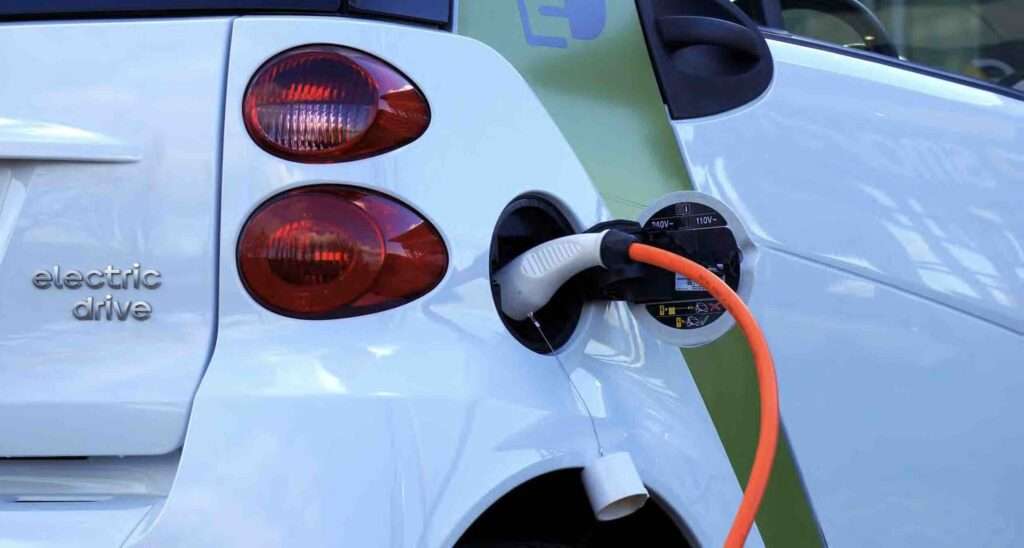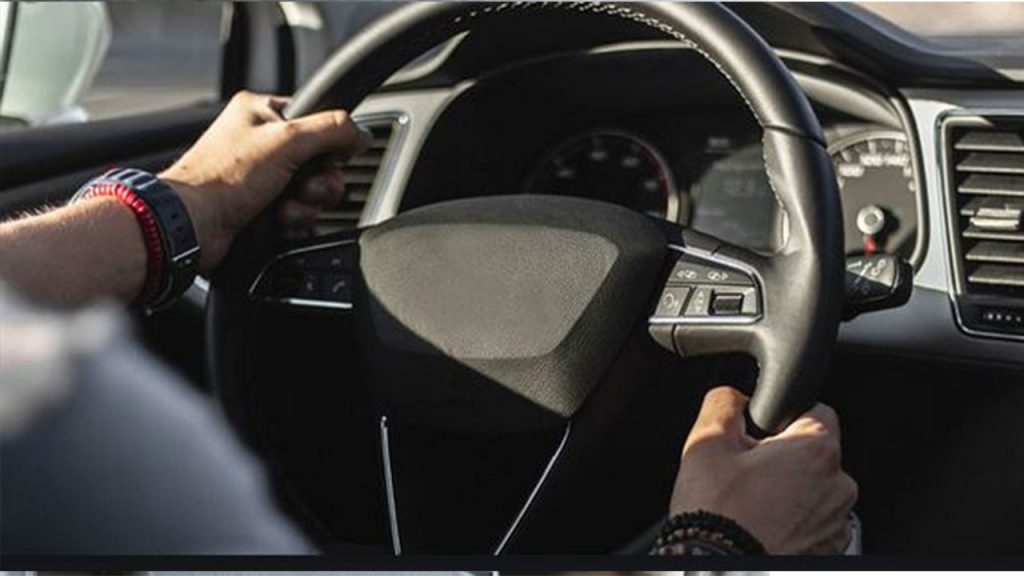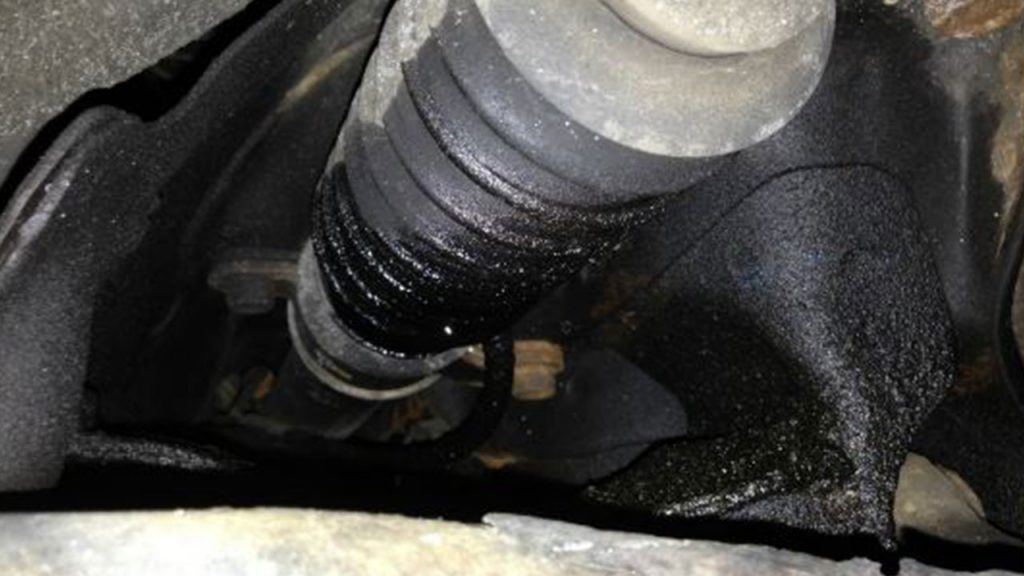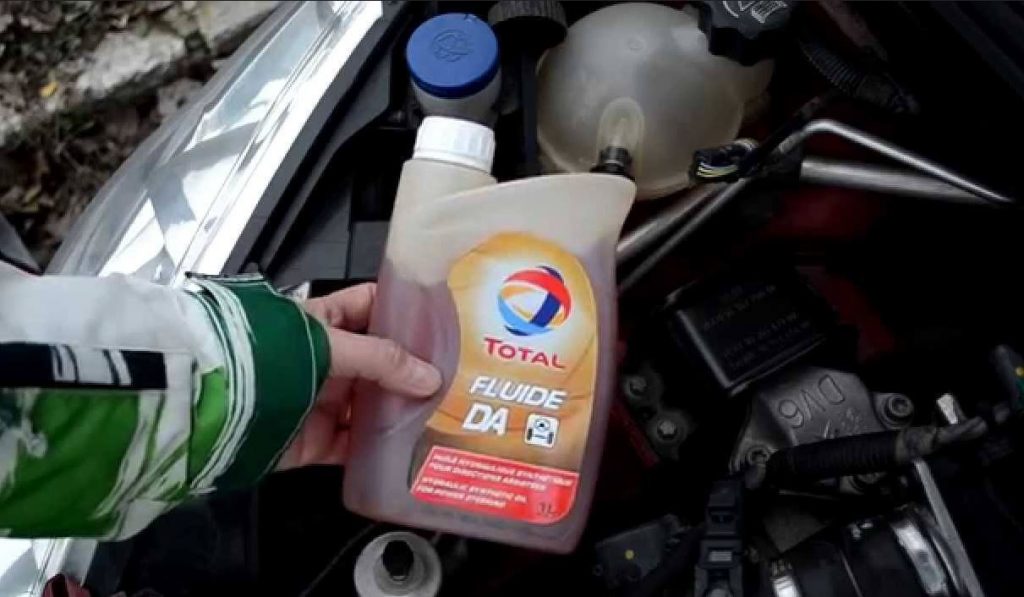Last updated on August 1st, 2023 at 07:41 am
Electric cars are becoming increasingly popular as people look for ways to save money on fuel costs. Many people are wondering how much it costs to charge an electric car at home. You’ll find all these explained in this post.
The cost of charging an electric car will vary depending on the size of the battery and the electricity rate in your area. For example, if you have a 40 kWh battery and live in an area with $0.12 per kWh electricity rates, it would cost you $4.80 to charge your car fully from empty. However, if you only need to charge your car for a range of 100 miles, that would only cost you about $1.20 worth of electricity.
Other factors can affect how much it costs to charge an electric car at home, such as whether or not you have solar panels installed or access to cheaper night-time electricity rates. Overall, though, charging an electric car at home is typically much cheaper than fueling up a traditional gasoline-powered vehicle.

Is it possible to charge an electric car at home?
Yes, it is possible to charge an electric car at home. There are a few different ways to do this, and the best option for you will depend on your specific situation.
If you have access to a 240-volt outlet, you can purchase a home charging station that will allow you to charge your car in about four hours. This is the fastest way to charge an electric car at home, but it does require some upfront investment.
Another option is to use a 110-volt outlet, which will take longer to charge your car but doesn’t require any special equipment. You can expect it to take about eight hours to use this method.
If you have solar panels installed at your home, you can use them to power your electric car charging station and significantly reduce the amount of time it takes to charge your vehicle. Solar panels are becoming increasingly popular as they become more affordable, so this may be something worth considering for the future.
Finally, there are also portable chargers available that can be plugged into any standard outlet; these typically take 8–10 hours to fully charge a car.
The bottom line is that yes, electric cars can be charged at home, and there are several different ways to do so depending on your needs and preferences.
How much does it cost to charge an electric car generally?
The average price per kilowatt-hour (kWh) in the United States is about 0.12 cents, so it would cost around $1.44 to charge a 24 kWh battery with a level 2 charger for four hours. However, this price will differ based on location and time of day since electricity rates often change.
For example, during peak demand periods, such as weekday mornings and evenings, prices may be higher than usual. In some cases, there may also be additional fees charged by the facility where you are charging your car.
The cost of charging an electric car can vary depending on the type of charger, the electricity rate, and the size of the battery. Level 1 chargers use a standard 120-volt outlet and can charge a car in 8 to 12 hours. Level 2 chargers use 240 volts and can charge a car in 4 to 6 hours.
Fast chargers, also known as level 3 or DC fast chargers, use 480 volts and can charge a vehicle in as little as 30 minutes to an hour.
However, many variables can affect this cost, such as the type of charger used, the time of day when charging, and the price of electricity in your area.
Cost per hour to charge an electric car
The cost of charging an electric car depends on a few factors, including the type of car, the size of the battery, and where you live. In general, it costs about $0.15 per kilowatt-hour to charge an electric car. This means that it would cost about $4 to charge a 40-mile-range electric car with a 10 kWh battery pack.
There are three main types of chargers for electric cars: level-one, level-two, and DC fast chargers. Level 1 chargers use a standard 120-volt outlet and take longer to charge the battery than other types of chargers. Level 2 chargers use a 240-volt outlet and can charge the battery more quickly.
DC fast chargers are even faster but require special equipment that may not be available at all locations. The cost per hour to charge an electric car depends on the charger type and the price of electricity.
For example, if you are using a Level 2 charger with electricity that costs $0.10 per kilowatt-hour (kWh), it will cost about $2 per hour to charge a 40 kWh battery pack.
How much does it cost to charge an electric car at home?
So How Much Does It really Cost to Charge an Electric Car at Home ? well, the cost of charging an electric car at home can vary depending on a few factors. The first is the type of charger that is being used. Level 1 chargers are the slowest and typically take 8–12 hours to charge a car, while Level 2 chargers are faster and can take 4-6 hours.
The second factor is the price of electricity, which can range from $0.15 to $0.25 per kWh depending on your location and time of day. Finally, the size of your car’s battery will also affect how much it costs to charge it; smaller batteries will obviously require less power and therefore cost less money to charge than larger ones.
Assuming you have a level 2 charger and pay the average electricity price, it would cost around $2–3 to fully charge most electric cars (assuming they have a 60 kWh battery). Of course, this number could be higher or lower depending on your specific circumstances.
Conclusion
One of the questions many people ask is, how much it will cost to charge an electric car at home.
The cost of charging an electric car will vary depending on the type of charger you use and the price of electricity in your area.
However, most people can expect to pay around $0.15 per kilowatt-hour (kWh) to charge their cars. This means that it would cost about $3 to charge a typical electric car with a battery that holds 30 kWh of energy.
Of course, this is just a rough estimate, and your actual costs may be higher or lower depending on various factors.












